The Female Career Days, an initiative of the RTG 1167, have taken place every year since 2011. The event aims to promote and support women in science. We cordially invite you to participate in this important event and exchange ideas with other researchers and interested individuals.
This invitation comes from the research institutions and networks based in Magdeburg, along with the local Otto-von-Guericke University.
Held under the motto “The Future of Science is Diverse”, the Female Career Days 2025 provide a platform to discuss topics such as equality, diversity, and balancing career and family life.
Kick-off-lecture on October 28th, 2025
During the event, we will address the challenges and opportunities faced by women in science. We will also explore strategies and solutions to promote equality and diversity in science, and to support female researchers. Female Career Days 2025 offer a unique opportunity to:
- Exchange ideas with fellow researchers and interested individuals
- Discuss current topics and trends in science
- Explore strategies and solutions for promoting equality and diversity in science
- Discuss the compatibility of career and family
- Be inspired by and learn from other researchers
We look forward to welcoming you to the Female Career Days 2025!
28.10.2025
Kick-off-lecture “Career Days 2025”
We are delighted to open the 2025 Female Career Days with a captivating lecture by Univ.-Prof. Dr. med. Ute Seeland, University of Magdeburg, Professor of Gender Medicine and head of University Outpatient Clinic of Gender- and Sex-specific Medicine and Prevention; President of the German Society of Gender Medicine (DGesGM).
After Prof. Dr. med. Dr.rer.nat. Anne Albrecht, Vice Dean for Early Career Development and Equal Opportunities, delivers the welcome address, Univ.-Prof. Dr. med. Ute Seeland will speak on “Female Careers and the Support of Gender- and Sex-Specific Medicine.” She will discuss the importance of gender-sensitive medicine and prevention, as well as how to support women in science.
Afterwards, there will be a panel discussion featuring Univ.-Prof. Dr. med. Ute Seeland, Prof. Dr. med. Dr.rer.nat. Anne Albrecht, Dr. Hanna Zwaka (Leibniz Institute for Neurobiology), and Dr. Lorena Morton(Otto-von-Guericke-University Magdeburg). M.A. Katalin Varga, who coordinates the mentoring and coaching program for female students and early-career researchers in the MINT fields in Saxony-Anhalt, will moderate the discussion.
This event is open to all and offers a unique opportunity to exchange ideas with experts and discuss current topics in science
We look forward to welcoming you to the Female Career Days 2025!
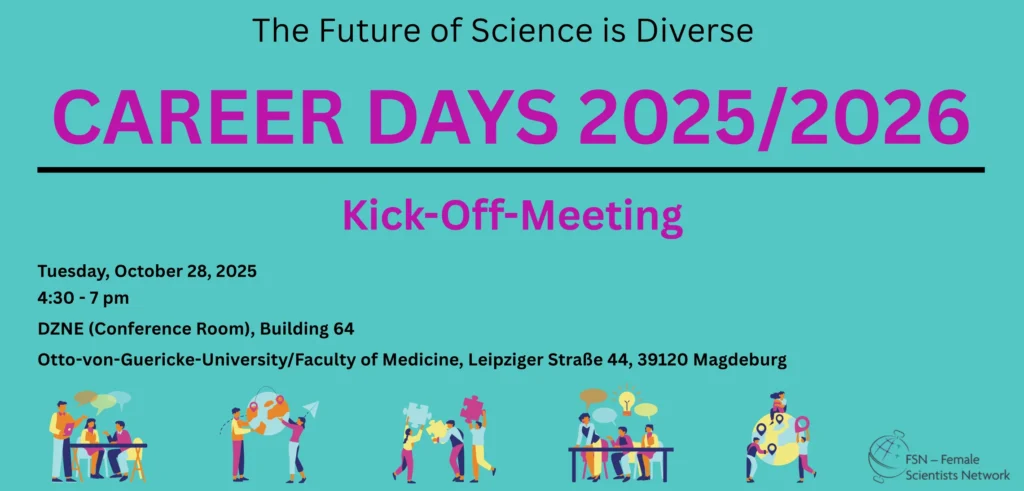
Kick-off-lecture: October, 28th, 2025
4:00 pm: Arrival
4:30 pm: Welcome address by the Vice Dean for Early Career Development and Equal Opportunities of the Medical Faculty, Prof. Dr. med. Dr. rer. nat. Anne Albrecht
4:35 pm: Keynote lecture by Univ.-Prof. Dr. med. Ute Seeland titled “Female Careers and the Support of Gender- and Sex-Specific Medicine”
5:15 pm: Panel discussion with our guests and participants (Univ.-Prof. Dr. med. Ute Seeland, Prof. Dr. med. Dr. rer. nat. Anne Albrecht, Dr. Hanna Zwaka and Dr. Lorena Morton), moderated by M.A. Katalin Varga
6:00 pm: Reception with refreshments and networking opportunity
Further information about our guests can be found here:
Univ.-Prof. Dr. med. Ute Seeland, Otto-von-Guericke-University Magdeburg
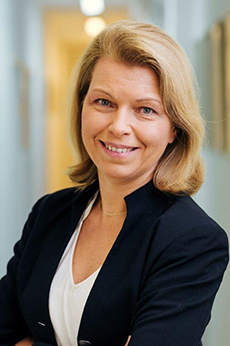
Ute Seeland is a W3 professor of Internal Medicine/Gender-Sensitive Medicine at the Otto-von-Guericke University in Magdeburg, Germany. The professorship is funded by the Margarete Ammon Foundation. She is a specialist in Internal Medicine and has acquired the teaching qualification for Internal Medicine/Gender-Sensitive Medicine at the Charité – Universitätsmedizin Berlin. Professor Seeland is the chair of the German Society for Gender-Specific Medicine (DGesGM) and a member of the extended board of the International Society of Gender Medicine (IGM).
In the summer semester 2021, she was the Klara Marie Faßbinder Visiting Professor for Women’s and Gender Research at the University of Mainz (Founding AG Gender-Sensitive Teaching). As the spokesperson for the AG28 Gender Medicine in Cardiology (DGK), she initiated the first position paper on gender-specific differences in cardiology. Her research focus is on gender-sensitive medicine with a focus on prevention, risk factors, age, pregnancy, microvascular functional diseases, hypertension, and heart failure. She has special clinical expertise in non-invasive diagnosis of functional arterial diseases and echocardiography. She is the chair of the international Sex and Gender VascAgeNet Expert Group (EU-COST project, since 2024 Artery Society). Professor Seeland’s expertise is recognized as the “Center for Arterial Stiffness Measurement” (DeGAG). Her scientific-theoretical knowledge is directly applied in patient care. Another focus is on teaching research. She accompanied the transition of the regular study program to the model study program at the Charité and implemented and taught gender-sensitive teaching content in different formats and semesters until 2023 in the compulsory teaching of human medicine. Since 2024, Professor Seeland has been teaching the subject of Gender-Sensitive Medicine, taking into account other diversity factors and prevention, in the regular study program of human medicine at the Otto-von-Guericke University Magdeburg in full teaching capacity as part of the Center for Internal Medicine.
Prof. Dr. Dr. Anne Albrecht, Otto-von-Guericke-University Magdeburg
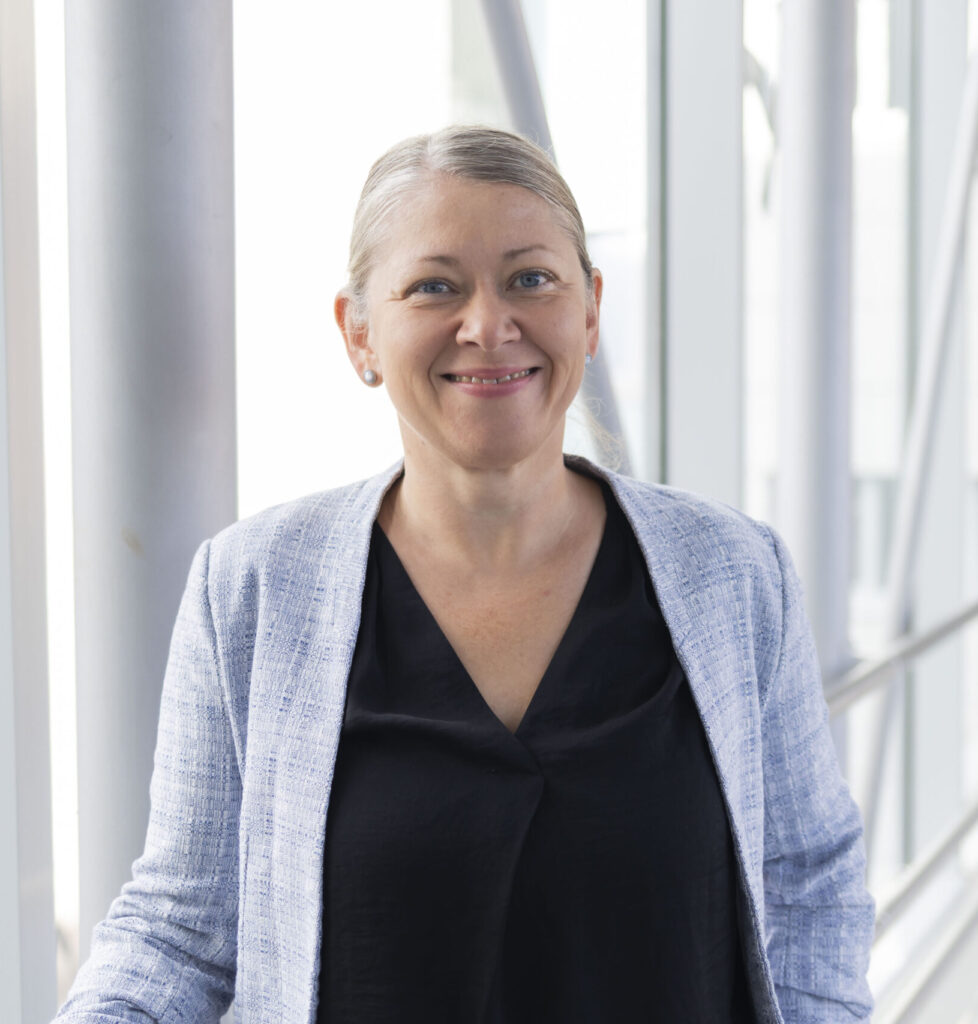
Anne Albrecht is Vice Dean for Young Talent Development and Equal Opportunities and she is the head of the Department of Neuroanatomy at the Institute of Anatomy at the Otto-von-Guericke University. Her research group studies the functional neuroanatomy of emotional memory and stress adaptation circuits. She also teaches anatomy to 1st and 2nd year medical students.
The focus of her research is on the investigation of GABAergic interneurons and neuropeptides in learning, memory and stress processing in rodent models. To analyze the role of e.g. orexin in circuits of memory formation, her group uses neuronal tracing, high-resolution methods for expression analysis (RNAScope, laser-assisted microdissection & qPCR) as well as viral and pharmacological interventions in conjunction with behavioral analysis in mice and structural and molecular studies in cell and tissue cultures.
Since 2021, Anne Albrecht has been PI in our Collaborative Research Center 1436 in Project A07, and since 2025, she has also taken on the leadership of the IRTG in the second funding periode of the CRC.
Dr. Hanna Zwaka, Group Leader, Leibniz Institute for Neurobiology
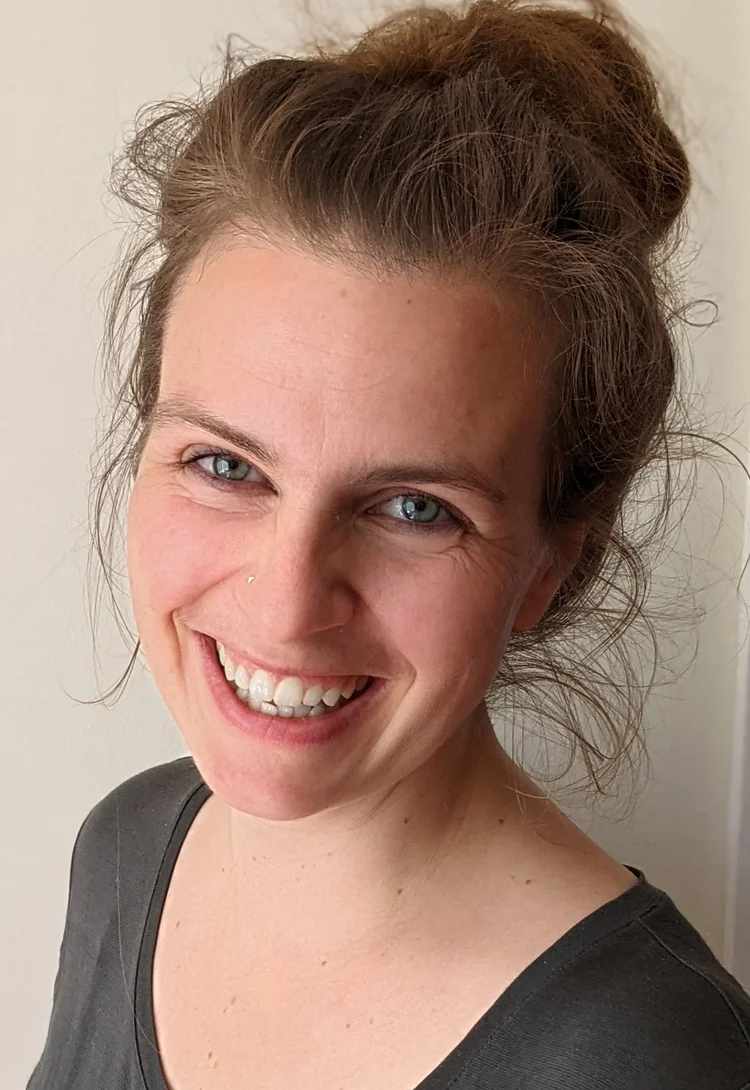
Dr. Hanna Zwaka studied Biology at Freie Universität Berlin, where she also completed her PhD in Neuroscience, investigating memory consolidation during sleep. She then moved to Cambridge, Massachusetts, to join Harvard University as a postdoctoral researcher in Systems Neuroscience. There, she focused on uncovering how sleep deprivation affects neural circuits in the brain and alters behavior.
Currently, she leads her own research group, studying the consequences of sleep deprivation on brain and body function using zebrafish larvae as a model organism. Throughout her career, she has mentored numerous Bachelor’s, Master’s, and PhD students who have actively contributed to her research.
Dr. Hanna Zwaka is committed to advancing diversity and inclusion in science. She served as a mentor in the Harvard Graduate Women in Science and Engineering Program, participated in Harvard’s Diversity and Belonging Task Force, and is currently an Equal Opportunity Officer at her institute.
In addition to her academic work, she has a strong background in science communication. While at Harvard, she worked as a science communicator for the Harvard Museum of Natural History. She has also given numerous public talks, participated in podcast and radio interviews, and contributed to newspapers and other media outlets to make science more accessible to the public.
She has published multiple peer-reviewed papers and presented her work at international conferences.
She is the mother of two wonderful boys and pursues her career supported by her loving partner and her equally dedicated parents.
Dr. Lorena Morton, Otto-von-Guericke-University Magdeburg
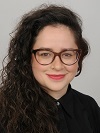
Dr. Lorena Morton is a medical doctor and neuroscientist at the Institute of Inflammation and Neurodegeneration, Otto von Guericke University Magdeburg. She earned her PhD summa cum laude in Neuroimmunology, where she investigated pericytes and microglia in the neurovascular unit and their role in cerebral small vessel disease. Her current research focuses on neurovascular–immune interactions in chronic inflammatory conditions such as hypertension, chronic stress, and systemic or CNS infections, with a translational perspective on extracellular vesicles as biomarkers and therapeutic tools. She is the recipient of the OVGU Young Investigator Award 2024 and the Polycarp Leporin Program fellowship (2025–2027).
M.A. Katalin Varga, Otto-von-Guericke-University Magdeburg
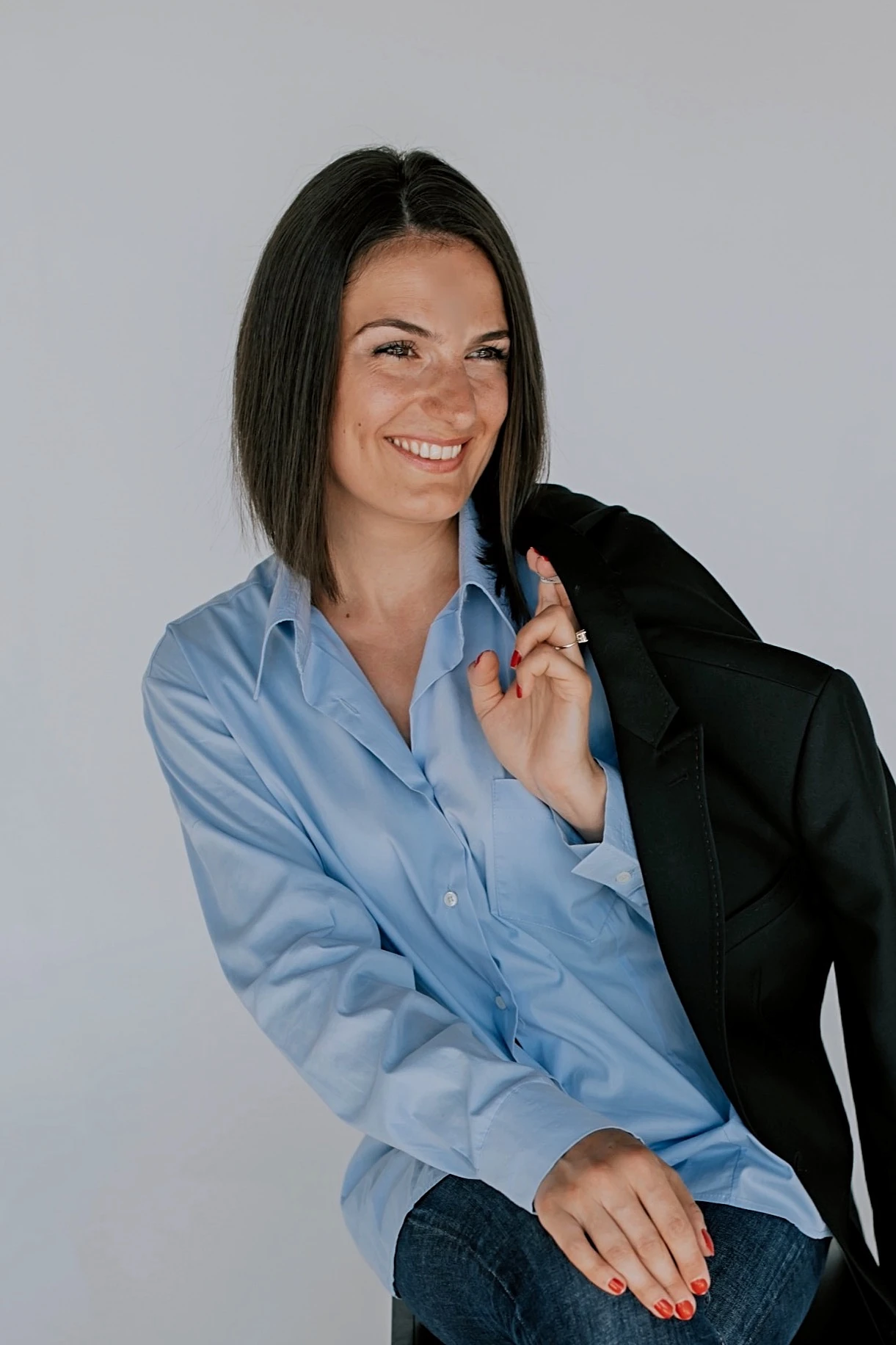
Katalin Varga is Project Coordinator of MeCoSa MINT Career at the Coordination Office for Gender Research & Equal Opportunities Saxony-Anhalt (KGC). In this role, she manages projects, coordinates teams, and organizes events to strengthen career development, intercultural exchange, and talent retention in Saxony-Anhalt. She previously worked as a welfare worker at the advisory office Magdalena of AWO Saxony-Anhalt, providing social and career counseling, intercultural communication, and multilingual support. Earlier in her career, she served as Coordinator for Refugee and Integration Affairs at Hochschule Harz, where she developed integration concepts, supported prospective students with refugee backgrounds, and promoted inclusive academic opportunities.
Drawing on this extensive experience in counseling, networking, and event facilitation, Katalin will moderate the Career Days 2025, guiding discussions on diversity, equal opportunities, and the future of science.
Following the successful opening event, the Female Career Days will continue with exciting workshops and individual sessions. One of the highlights is the individual CV checks, which has been extremely popular in recent years. Experts will demonstrate what to consider when creating a resume.
Additional workshops will cover various topics, including: Diversity, Grant Writing, Social Media & Professorship Appointment Procedures
Take this opportunity to advance your career and learn from experts!
11./12.12.2025
Workshop “Grant writing”
no spots available
On December 11th and 12th, we will hold a workshop on grant writing. An overview of the current funding landscape serves as an introduction, followed by a seminar that delves deeper into the development of a project idea, the organization of the application process, the pitfalls of the guidelines, and the particularities of the reviewers.
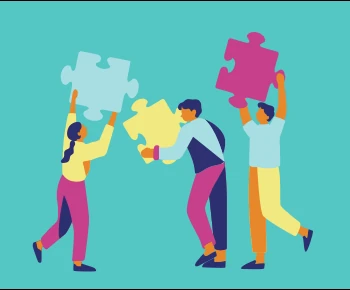
Grant Writing – 11./12.12.2025
- This two-day, in-person workshop will take place on December 11 and 12 at LIN.
- From 9 a.m. to 3 p.m., participants will receive numerous tools from an experienced coach to help them write successful grant applications.
- Please note that registration is exclusively for female researchers.
- PhD students of the CRC 1436 IRTG are able to receive credits for attending the workshops. For more information please contact Christoph Knoll.
22.01.2026
Workshop “Effectively Gaining Visibility”
Registration will open soon
The workshop “Effectively Gaining Visibility” aims to help female researchers find their way around platforms such as LinkedIn or ResearchGate. It addresses questions about personal visibility, how the platforms work, and provides useful tips for recruitment.
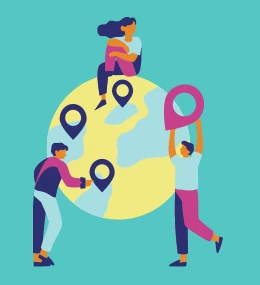
Visibility-Workshop – 22.01.2026
- Online workshop for doctoral candidates and postdocs in English
- Duration: 4 hours (9 a.m. to 1 p.m.)
- Limited to a maximum of 16 participants
- More information will follow soon.
05.02.2026
Workshop “Becoming a Professor in Germany”
Registration will open soon
Another workshop is planned for February 2026. Entitled Becoming a Professor in Germany—What, Why, and How?, the seminar will teach participants what it means to be a professor in German academia and explain various paths to becoming a professor.
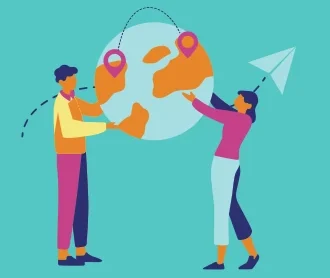
Workshop February 2026
More information will follow soon.








